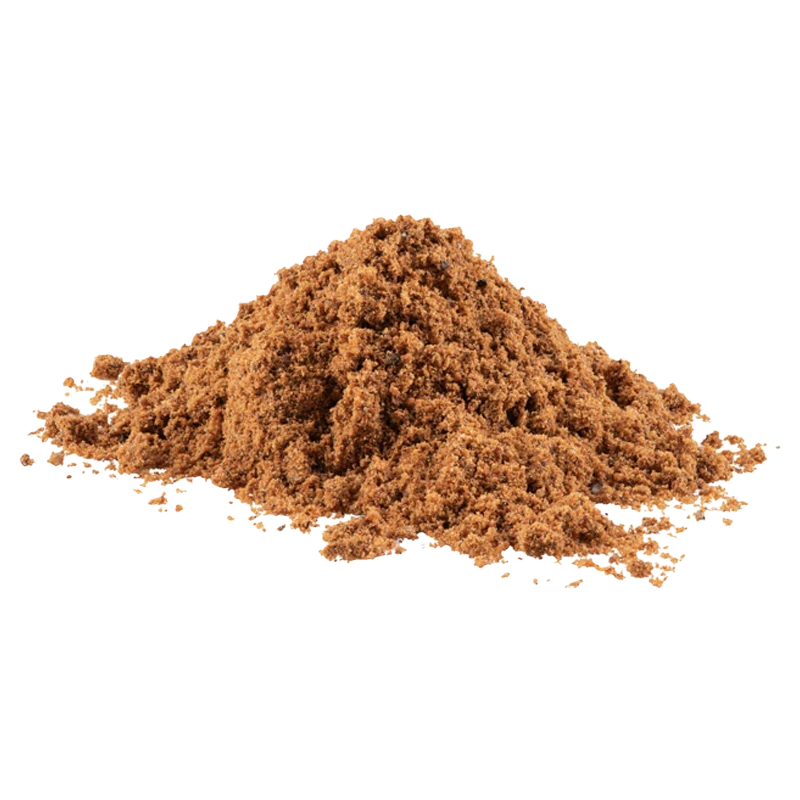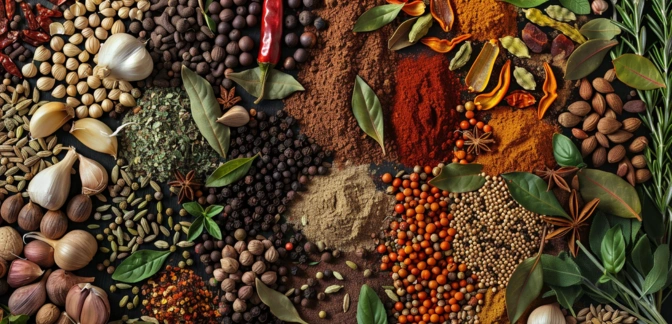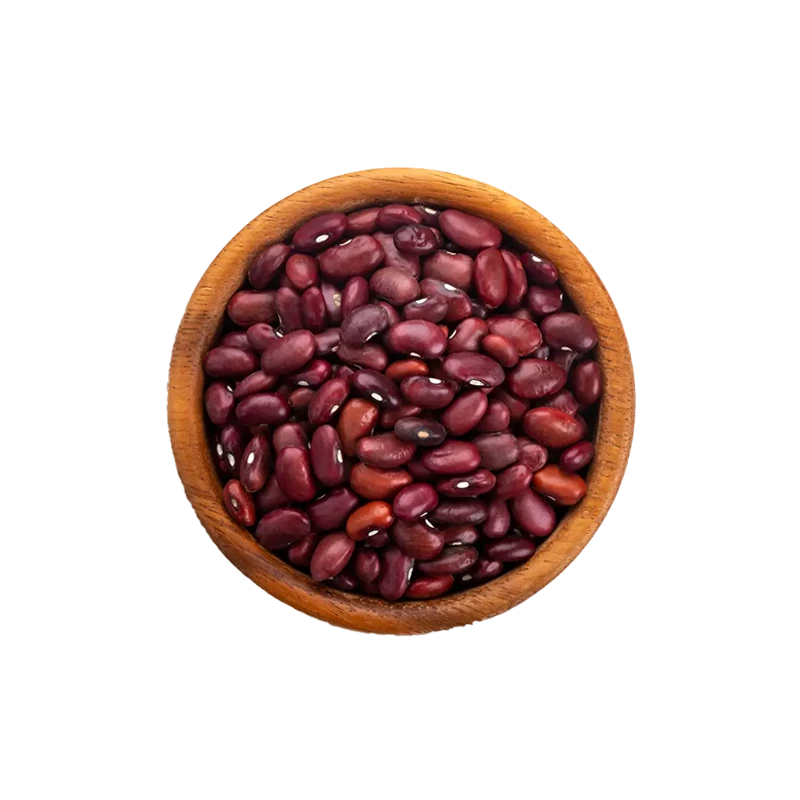Nutmeg — Nutrients, Health Benefits, And Shopping Tips

Written by Listonic Team
Last update on September 4, 2024
Nutrition facts
Nutrition facts
Amount per 100 g
Calories
🔥 525 kcal
| Nutrition per: 100 g | Value | % Daily Value* |
|---|---|---|
| Carbs | 49 g | 17.82% |
| Fiber | 21 g | 75% |
| Sugars | 29 g | 58% |
| Glycemic Index | 80 | - |
| Protein | 6 g | 12% |
| Sodium | 16 mg | 0.7% |
| Total Fat | 36 g | 46.15% |
*The % of Daily Value (DV) tells you how much a nutrient in a serving of food contributes to a daily diet. 2,000 calories a day is used for general nutrition advice.
21 g
✅ High Fiber Content
Did you know?
Health benefits
- Contains antioxidants such as phenolic compounds, which help protect the body from free radicals and reduce inflammation.
- Supports digestive health by stimulating the production of digestive enzymes.
- May have anti-inflammatory and pain-relieving properties, helping to reduce symptoms of arthritis and other inflammatory conditions.
- Contains essential vitamins and minerals such as Vitamin B6, manganese, and copper.
Health risks
- Potential for toxicity when consumed in large quantities, nutmeg can cause hallucinations, nausea, dizziness, and other severe symptoms due to compounds like myristicin.
- Potential for allergic reactions in some individuals, causing symptoms like itching, swelling, or difficulty breathing.
- Risk of digestive discomfort such as stomach pain or diarrhea when consumed in large quantities.
- Potential interactions with medications particularly those affecting the nervous system, as nutmeg can have psychoactive effects.
How to choose nutmeg
Choose nutmeg that is dense and heavy for its size, suggesting it is still whole and hasn't dried out. The outer surface should be wrinkle-free and aromatic when scratched slightly.
Avoid nutmeg that appears shriveled or lightweight, as these characteristics generally indicate age and potential loss of essential oils. Nutmegs with a dull, faded color or a musty smell should be avoided, as they likely won't provide the desired pungent flavor.

How to store nutmeg
Whole nutmeg should be stored in an airtight container in a cool, dark place. A pantry or spice rack away from direct sunlight is ideal. Properly stored, whole nutmeg can retain its flavor for up to four years.
Ground nutmeg loses its potency more quickly and should be used within a year. Avoid storing nutmeg in humid environments as it can cause it to clump and spoil. Always ensure the container is tightly sealed to preserve its aromatic qualities.
✅ Extra Tip
How long does it last?
Nutmeg can last for 2-3 years when stored in an airtight container in a cool, dark place. Ground nutmeg loses its potency faster and should be used within 1 year.
What to do with leftovers?
Leftover nutmeg can be used in a variety of culinary and non-culinary ways. In the kitchen, nutmeg adds a warm, sweet flavor to dishes like cakes, cookies, custards, and spice blends. It’s also commonly used in savory dishes, such as béchamel sauce, soups, and stews, to add depth and complexity.
Beyond cooking, nutmeg has several practical uses. It can be used in homemade beauty treatments, such as mixing it with honey or yogurt to create a warming face mask that helps to exfoliate and rejuvenate the skin. Nutmeg is also believed to have calming properties, and a pinch of it can be added to warm milk before bedtime to promote relaxation. Additionally, nutmeg can be used in DIY air fresheners or potpourri to add a warm, spicy aroma to your home. Some people also use nutmeg in natural remedies to help alleviate pain or digestive issues, though it should be used in moderation due to its potency.
👨⚕️️ Medical disclaimer
Discover products from other categories
Listonic Team
Fact-checked
Our editorial team checked this article to make sure it was accurate at the time of publishing it.
Get the top-rated shopping list app on your phone!







